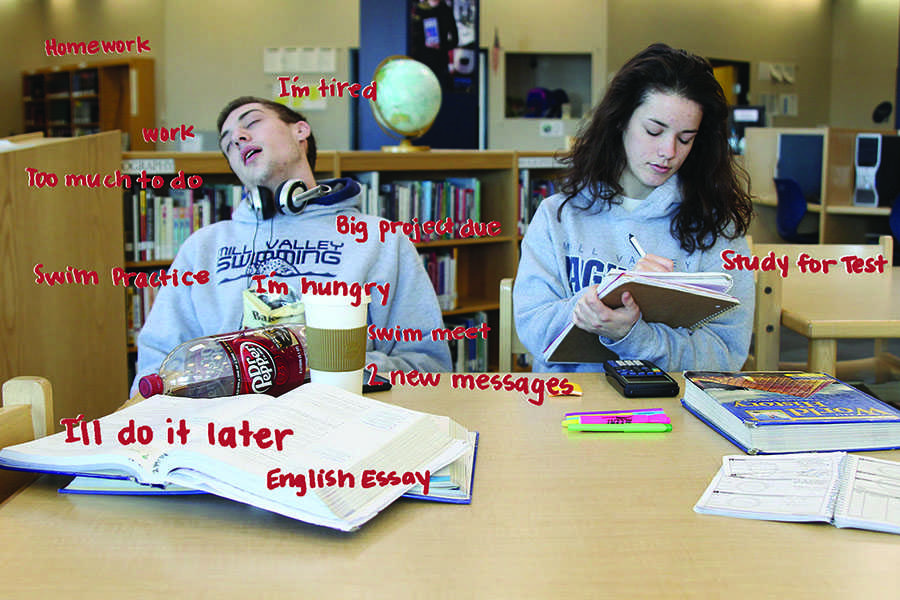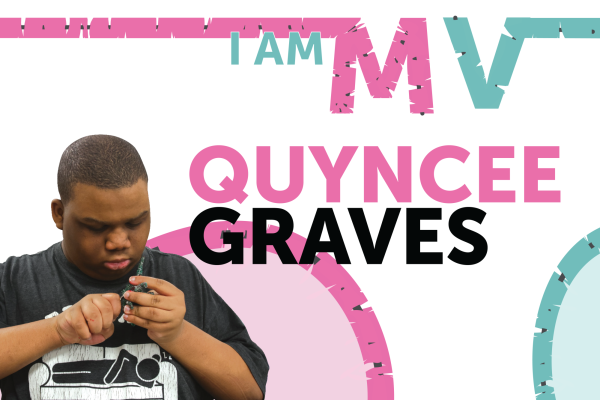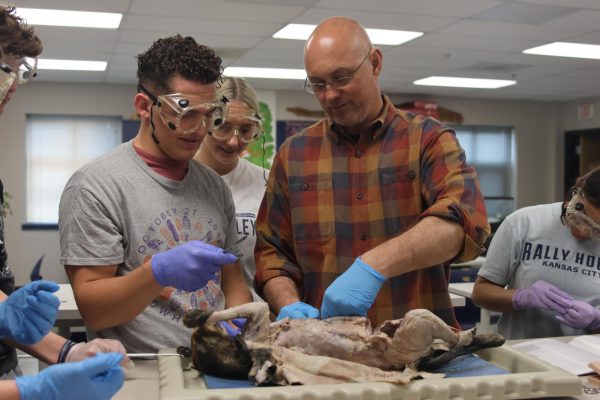Procrastination affects different personality types
Distractions present a challenge to certain types of students, psychologist says
In an age centered around technology, distractions such as phones, social media and video games, procrastination seems almost inevitable. Clinical psychologist Michelle Coker defines procrastination as “a delay of activity that we perceive as not pleasurable.”
According to Coker, humans procrastinate because of a process in the brain related directly to making pleasurable decisions.
“[The prefrontal cortex] is in charge of making decisions. It gets the job done, but it’s not automatic like the limbic system, which makes us give in to what feels good,” Coker said. “People avoid work because pain comes with work, and we prefer not to experience pain.”
While procrastination affects a wide range of students, some personality types are affected more than others. Senior Brendan Frieders is one of these students.
“I usually say to myself that I can just do it later or that I have enough time,” Frieders said. “It doesn’t always work out.”
Frieders has a personality that is classified as Type B. According to Coker, Type B personalities are “more laid back and likely to go with the flow. Those are the people that have more of a tendency to procrastinate.”
Other students, such as senior Logan Robertson, choose to avoid procrastination to limit stress with their school work.
“I have so many AP classes I’m taking that I start on my homework right when I get home,” Robertson said. “I don’t put it off so I don’t have to stay up late.”
Robertson’s personality is considered Type A, which is defined by Coker as “personalities that are more likely to overcome that emotional push to avoid work because they are more driven.”
However, high school students are not the only ones affected by procrastination. Industrial psychologist Piers Steel reported that 26 percent of Americans consider themselves to be chronic procrastinators.
As a senior, Frieders believes his work ethic has regressed as he has gotten farther into high school.
“I don’t do my best. If I actually tried my best and did all my work on time, I could probably get all A’s, but instead, I have lots of B’s and C’s,” Frieders said. “When you procrastinate, you don’t end up doing your work to the best of your ability.”
According to Robertson, you should have balance with your studies.
“My biggest piece of advice for people who struggle with procrastination, obviously you have to make time for yourself but you also have to think about your grades and academics,” Robertson said. “You need to find balance.”
Coker’s advice to curb procrastination habits is to make a commitment to other students.
“Organize a study group. When you are being held accountable by others, you are more likely to complete the task or study for the exam.”








